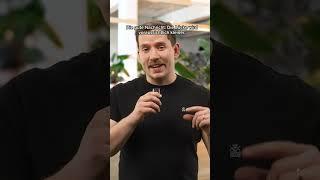| Plastic is all around us: it’s so present in our everyday lives we don’t just find it in our cupboards and on our desks, we even find it inside human bodies. A study published by the University of Newcastle found plastic traces all the way inside our muscles. For a material that’s so intrinsic to the way we live, recycling plastics is surprisingly difficult, and still seems to be a riddle in Switzerland. As waste management is in each canton or commune’s hands, and since there aren’t many suitable sorting facilities in the country, many plastics rarely have a chance to be recycled. Instead, today most of it is burnt along with regular waste, generating energy to supply Swiss households with electricity and heating. Changing our habits to consume less of this material might help to solve the riddle, but in order to make plastics more recyclable from the outset, a fundamental shift in production is needed, something that’s outlined in what experts call the ‘vital recycling chain’. --- swissinfo.ch is the international branch of the Swiss Broadcasting Corporation (SBC). Its role is to report on Switzerland and to provide a Swiss perspective on international events. For more articles, interviews and videos visit swissinfo.ch or subscribe to our YouTube channel: Website: http://www.swissinfo.ch Channel: http://www.youtube.com/swissinfovideos Subscribe: http://www.youtube.com/subscription_center?add_user=swissinfovideos |
Tags:










































3 comments
Sam Sung
2019-11-06 at 10:18 (UTC 2) Link to this comment
I learned nothing. You?
Christie A
2019-11-13 at 08:31 (UTC 2) Link to this comment
This Americanized style of presenting "Information" with silly noises, silly drawings, childish music, a valley girl accent is offensive to human intelligence.
TheRawBabe
2019-12-05 at 11:17 (UTC 2) Link to this comment
Good to learn about where Swiss plastic trash end up to in my neighborhood. Thank you